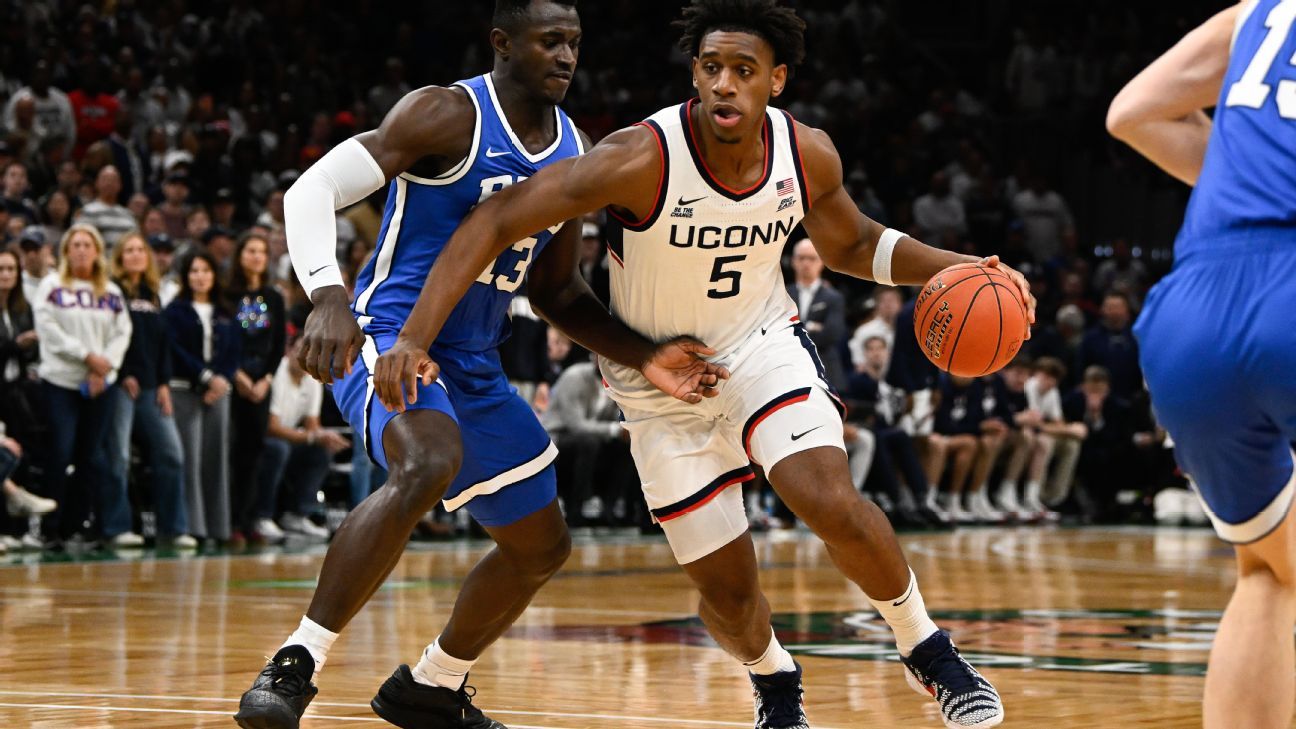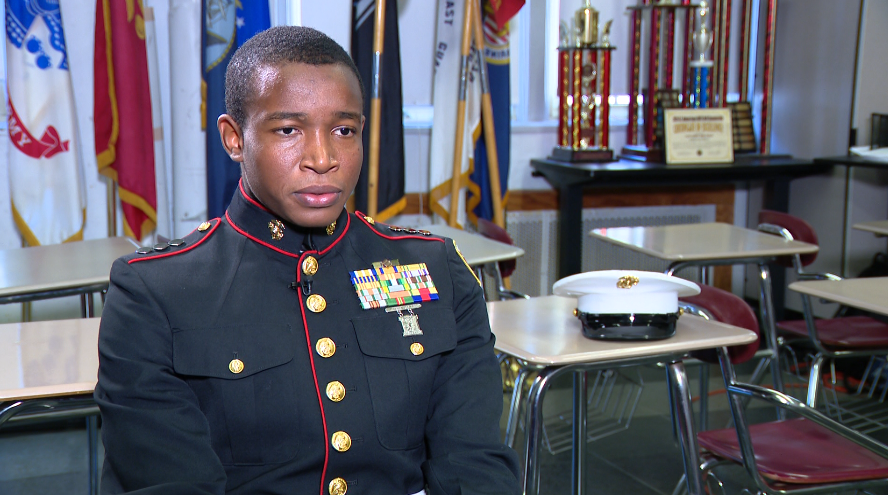Southern Couple Seeks Advice on Ending Unwanted Friendship

A couple from the Southern United States has reached out for advice on how to navigate the delicate situation of ending an unwanted friendship. The couple, who prefers to remain anonymous, has been feeling increasingly disconnected from their friends, a younger couple with whom they have maintained a relationship for over three years.
The couple, referred to as “Southern Disconnection,” explained that they initially met the younger couple through mutual friends. Despite a 20-year age gap and the challenges posed by living an hour apart, the younger couple insisted on continuing the friendship after their mutual friends relocated. They expressed feelings of isolation, claiming that the older couple was their only friends.
Growing Discontent and Changing Lifestyles
Compounding their discomfort, the younger couple recently welcomed their second child. While “Southern Disconnection” has already raised their children and feels no desire to engage with toddlers, the persistent requests for visits have become burdensome. The older couple is now contemplating whether to end the friendship or simply cease communication altogether.
“Ghosting them would be tacky,” the individual shared, emphasizing their desire to approach the situation with honesty and sensitivity. They are uncertain about how to express their feelings to the younger couple, particularly as their husband believes it is best to maintain the façade of friendship, despite their growing discontent.
Dear Abby’s Perspective
In response to this dilemma, renowned advice columnist Abigail Van Buren, known as Dear Abby, weighed in with her thoughts. She advised against continuing the charade, highlighting that “not all the players are able to decode the pantomime.” Rather than prolonging the situation, she suggested that the older couple should communicate their feelings directly. She encouraged them to explain that the distance and lifestyle changes make ongoing visits impractical.
“If you are their only friends as they have stated, it is important that they cultivate relationships with other parents,” Abby remarked, pointing out the potential benefits for both families.
As the couple considers how best to convey their feelings, they are left with a challenging decision. Ending a friendship can be difficult, particularly when emotions and expectations are involved. “Southern Disconnection” must weigh the value of honesty against the potential discomfort that may arise from the conversation. Ultimately, their choice will reflect not only their own needs but also the importance of healthy relationships in their lives.
For those facing similar challenges, reaching out to a trusted friend or professional can provide additional support and perspective. As Dear Abby suggests, fostering clear communication often leads to healthier relationships, even when it means making difficult choices.
Readers can engage with Dear Abby by visiting her official website or sending inquiries to her mailing address in Los Angeles, CA.






